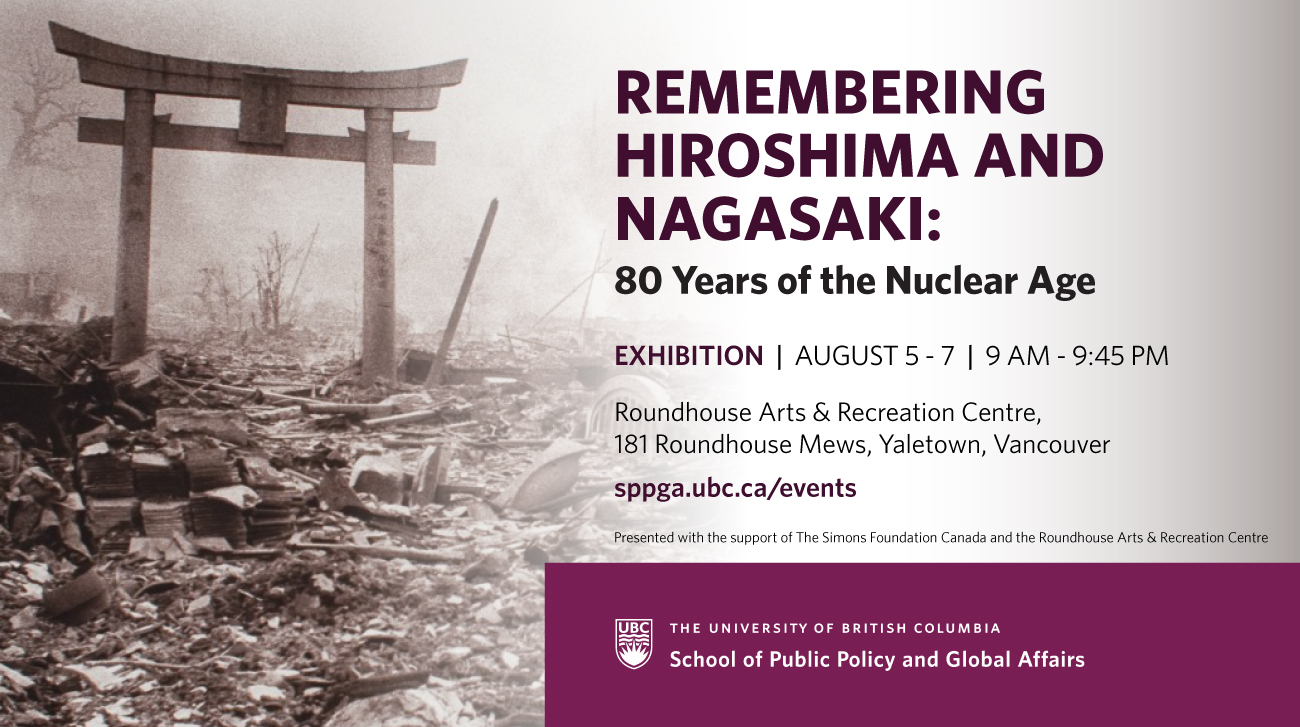Through an examination of writings about tea practice for women I excavate a neglected history of one group of tea practitioners and the reasons why they participated in tea culture. These writings include both privately circulated manuscripts and commercially published texts. I argue that there were two ways in which tea practice for women was framed prior to the modern period: for elite women studying tea was presented as a way of developing morals, ethics, and control over the mind; for commoner women, the touted benefits were cultivating genteel femininity by learning comportment, etiquette, and manners associated with the elite. Both ways of framing women’s tea practice played a role in shaping writings on women’s tea practice during the Meiji period. Women were now encouraged to study tea to cultivate the mind, develop morals and ethics, and to acquire gracefulness. They were also encouraged to study tea for a new reason: to develop or preserve the essence of a Japanese genteel femininity.
Speaker Bio
Rebecca Corbett is a Postdoctoral Fellow in Japanese Studies at the Center for East Asian Studies, Stanford University (2013-2015). She received a Ph.D. in Japanese Studies from the University of Sydney in 2009 for a dissertation on the history of women’s participation in Japanese tea culture during the Edo (1600-1868) and Meiji (1868-1912) periods. She has previously been a Visiting Assistant Professor in East Asian History at the University of California, Santa Cruz, and held visiting teaching positions at the University of Sydney and University of Western Sydney.
Sponsor: Centre for Japanese Research, Department of Asian Studies, SABI Tea Arts
By: Dr. Rebecca Corbett, Stanford Center for East Asian Studies
Type: Event
Dates: Thursday, Mar 19, 2015 to Thursday, Mar 19, 2015
Time: 3pm Lecture / 5pm Matcha Tea Demonstration

